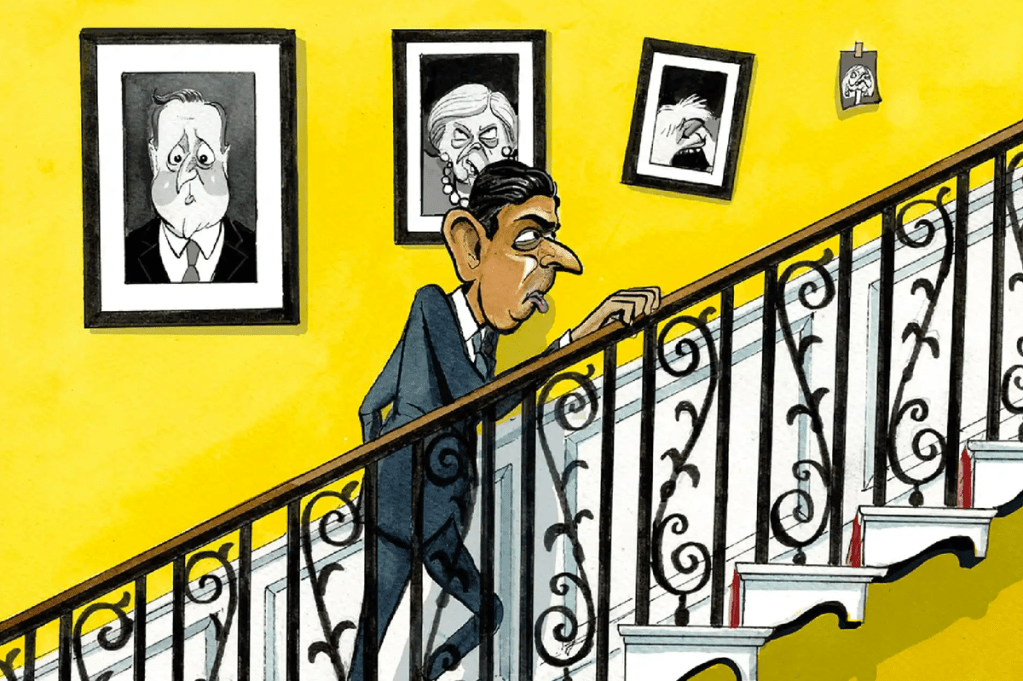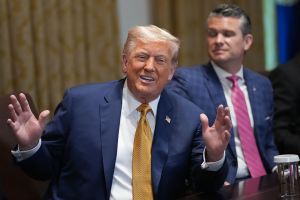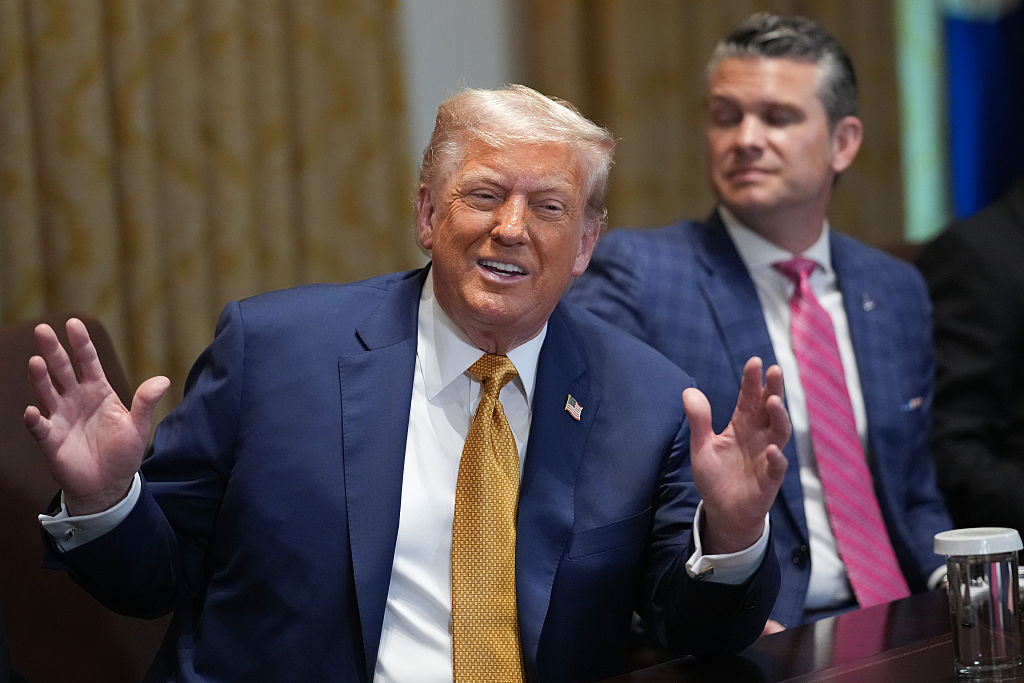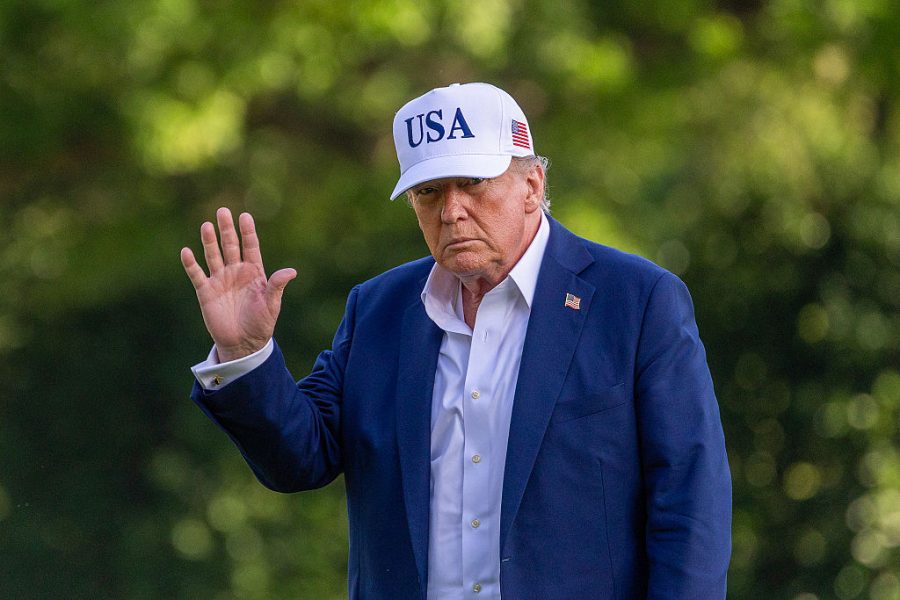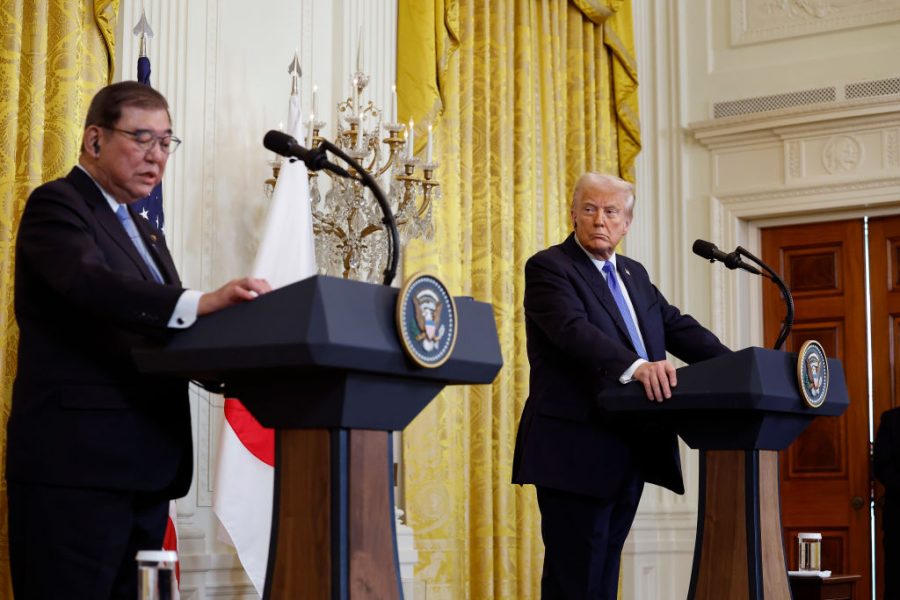Spare a thought for Rishi Sunak. The new British prime minister must restore his country’s fiscal stability, calm markets and support the pound. He needs to unite a nation facing increasing American-style social and political polarization. He must also assure Britain’s allies and partners that it will remain a global actor, opposing Vladimir Putin’s invasion of Ukraine and Beijing’s belligerence. It is a tall order for any leader. But Sunak could be helped significantly by President Joe Biden in a few key areas — the question is whether Biden wants to do so.
The economic, political and security health of Britain is no minor matter for the United States. As global norms further deteriorate, the UK remains one of the handful of vitally important democracies. It has been America’s most important ally for decades. Despite their differences, Washington and London are aligned on the critical issues facing their countries. They continue to share a commitment to liberal values including individual rights and economic opportunity. Indeed, Sunak’s background as the child of South Asian immigrants who grew up to be a wealthy investor, with part of his career spent in the States, is proof of the openness that both America and Britain celebrate.
Now it is Biden’s moment to support his counterpart. He should begin by directing US trade representative Katherine Tai to reopen negotiations with the UK’s new trade secretary Kemi Badenoch for a fast-track free trade agreement. America and Britain are among each other’s largest trading partners, accounting for over $1 trillion (£879 billion) in two-way investment in 2020 and taking nearly a quarter of each other’s exports. Two-way trade in goods and services totaled $280 billion (£243 billion) in 2019. As pillars of the modern free trade movement, the two should stand at its global center. Yet the Biden administration has put any prospect of a trade pact on the back burner.
This is a serious economic and political error by Washington. Since its citizens voted to leave the European Union in 2016, the British government has sought a trade agreement with America. Indeed, the Trump administration proposed such a pact in 2020. Responsible, fair and free trade with a trusted ally is a different matter to having to protect intellectual property rights or guard against dumping by mercantilist trading nations such as China. Economic alliances also further strengthen political alliances, playing a strategic role in uniting democracies. Britain needs an economic boost and Biden’s apparent disinterest in a US-UK free trade agreement underscores just how feeble American trade policy is overall.
On defense and security issues, London and Washington retain uniquely close cooperation. Yet in a rapidly destabilizing world, they need to get even more creative. In particular, Washington should coordinate with its key Atlantic and Pacific allies more closely. London is seeking to return “east of Suez” — former PM Boris Johnson’s Integrated Review proposed an increase in engagement and presence in the Indo-Pacific. Along with Italy, the UK and Japan are already cooperating on developing a next-generation fighter jet.
As London deepens its relations with liberal nations in Asia, Washington can lead by further regularizing US-UK-Japanese cooperation in maritime security, cyber defense and protection of intellectual property rights, all of which are threatened by Beijing. Biden also should talk with Sunak and the Australians about expanding the tripartite Australia-UK-US (AUKUS) agreement to include Japan. That would bring world-leading technological capabilities to contribute to AUKUS’s focus on nuclear submarine technology, hypersonic weapons development, and quantum computing.
Finally, Biden should revitalize the broader US-UK relationship itself. While former prime minister Liz Truss reportedly disliked the “Special Relationship” moniker, it is not an Anglosphere dream to acknowledge that the two countries have unique bonds, from the NFL playing in London to British dramas on PBS. Indeed, Sunak met his wife while studying at Stanford’s Graduate School of Business nearly two decades ago, his attendance serving as an example of the soft power ties that have long propelled transatlantic exchange. Yet the once-close networks that linked Americans and Britons throughout the twentieth century have faded.
Buttressing both grass roots and elite exchange can spark new ideas on governance, as well as social and economic reform, while demonstrating confidence in liberal values. In the sciences, Biden should propose new US-UK cooperation on artificial intelligence, next generation telecommunications and energy development to Sunak. He also could sponsor a new US-UK scholarship focusing on transatlantic ties and give his permission for high-level bilateral dialogues between civil society, academic, business and local government actors.
The recent US National Security Strategy declared that the 2020s was the “decisive decade” in the competition with China and for stabilizing the liberal international order. Biden has the option to strengthen the economic, political, and security ties between America and Britain. Should he do so, he would help defend that global order and promote liberal values. He would also be supporting Sunak’s attempts to deal with the UK’s daunting problems and deepen its sense of purpose in the world.
This article was originally published on The Spectator’s UK website.



